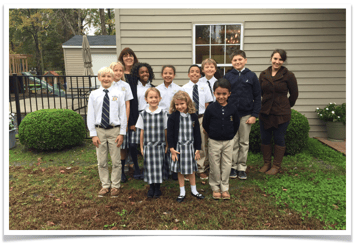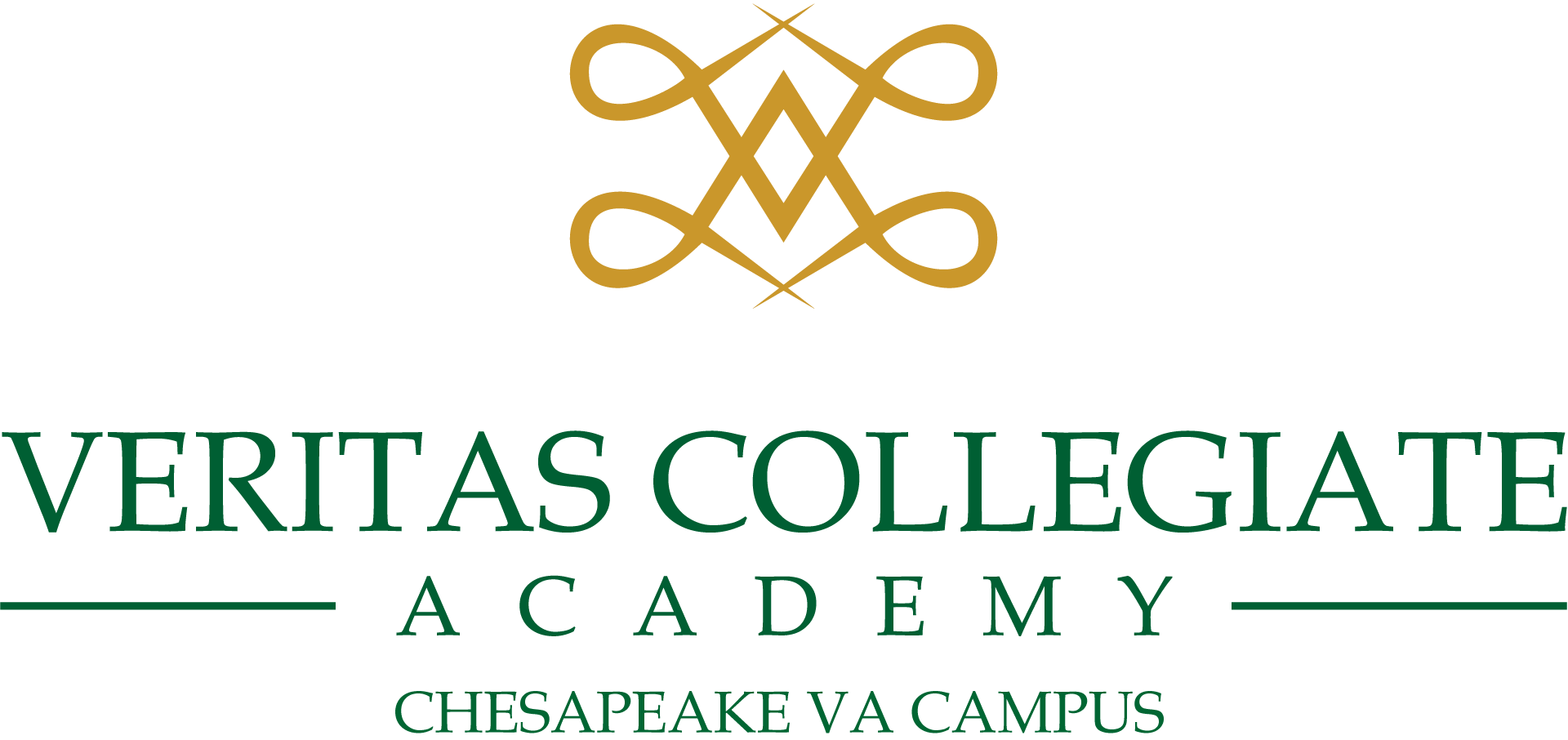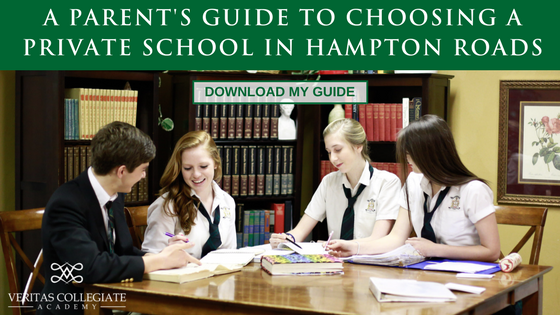If it has been a while since you have read O. Henry’s short story, The Gift of the Magi, it is time to dust off your virtual O. Henry anthology and read the story again. If you have never read the story, take the time now to read it before you read any further in this dispatch. Better yet, read the story aloud to your family.
 The story of Jim and Dell in the Magi is a classic story of sacrificial giving. Each character gives up a possession of great value in order to purchase something beautiful and of even greater value for the other. It is, in the end, an enchanting meditation on and reflection of the Christmas story, the ultimate story of sacrificial giving.
The story of Jim and Dell in the Magi is a classic story of sacrificial giving. Each character gives up a possession of great value in order to purchase something beautiful and of even greater value for the other. It is, in the end, an enchanting meditation on and reflection of the Christmas story, the ultimate story of sacrificial giving.
This past week, our students learned more about the Rafiki Foundation and the opportunity they have to give to children who are very much like themselves, but can only have their needs met through the giving of others. These children don’t have parents primarily because of the scourge of AIDS. Without the help of others, they would not have food to eat, a place to lay their head at night, an education, or even the love, care and protection of an adult in their lives.
At this time of year we can be inundated by requests for giving and on top of tithing, school tuition, mortgages, bills, Thanksgiving, and Christmas, it can feel like there is not much left to offer to yet another cause. Yet giving up some of our own bounty is a chance not only to directly help others, but also to teach our children why it is we do such things: we don’t give to make ourselves feel good or pious or generous or benevolent; we don’t give in order to receive something in return; we don’t give to be admired or praised. Rather, we give because we have received.
The next time you come into the school, please have a look at our Rafiki wall as we track our donations until December 7. We will keep you posted about our pen pal and Skype opportunities with our fellow classically educated students in Africa so you can also see and hear about the tangible difference the giving of our Veritas community has made.
-Mrs. DeWitt


.png?width=1920&name=VCA%20VA%20Logo%20White%20PNG%20(1).png)